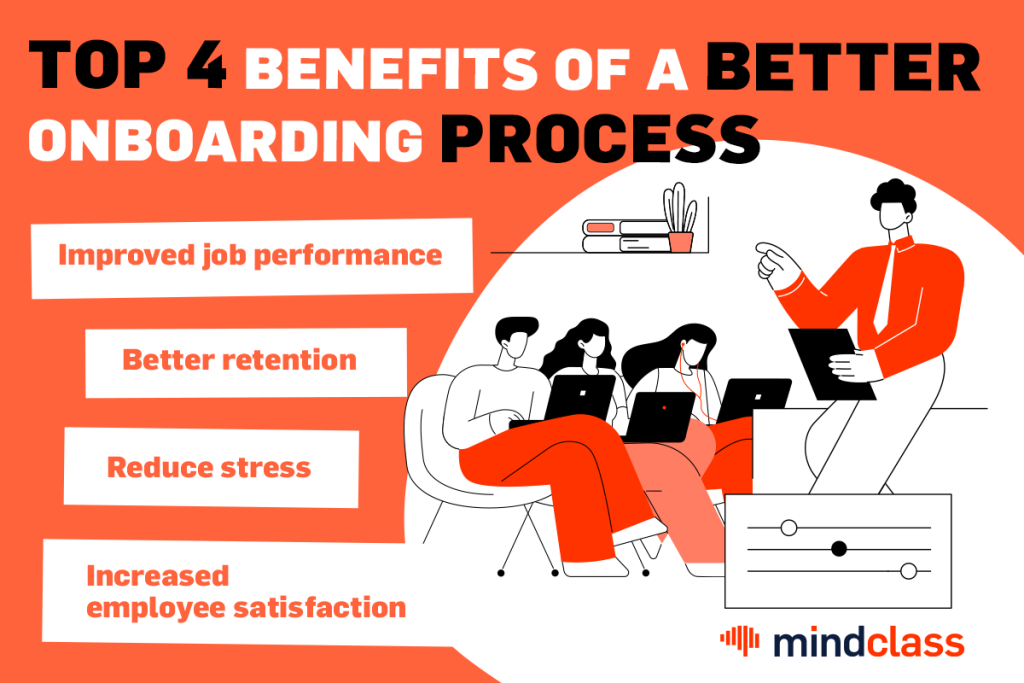In the fast-paced world of transport logistics, it is essential for companies that want to stay competitive in this field to stay ahead of the game. Substantial investment in staff training is essential given the changing technological landscape, updated regulations and rapidly changing consumer demand for goods. Transport and logistics companies should recognise the essential role of well-trained staff in ensuring smooth operations. In this article, we explore the various types of logistic training courses available for transport logistics professionals that meet the needs of transport companies looking for effective staff development solutions.

Logistics Courses
Logistics courses provide a fundamental understanding of the principles, processes and best practices that govern the movement of goods and resources within supply chains. Logistics courses are well rounded for staff in order to receive a hollistic and complete understanding of the industry as a whole. This type of course prepares employees to navigate their day to day work with greater understanding.
Logistics Engineering Courses
With expertise in logistics engineering, staff can implement innovative solutions to enhance efficiency, minimize costs, and improve overall performance within transport logistics operations. Logistics engineering courses delve into the technical aspects of optimizing transport systems and processes. This field is mostly dedicated to learning about optimal the design and operations process of a logistics system as a whole. Employees are able to atain knowledge in relation but not limited to route optimization, facility layout design, vehicle routing algorithms, and transportation network modeling.
Freight Transport Coordinator Courses
A freight transport coordinator course provides participants with a full understanding of the tasks and responsibilities associated with such a role. Employees are able to gain knowledge in regard to Freight Transportation Management but most importantly, a thorough understanding of the modern supply chain. Modules often associated with such a course are Shipment Coordination, Transport Management, Freight Transport Law and other administrative courses. Understanding these foundations allows employees/coordinators to streamline procedures, deal with ransport coordination and logistics activities, legislative challenges, optimize resources, and reduce supply chain bottlenecks Upon completion, participants likely receive certifications that are recongized in the industry.
Transport Manager Courses
A transport manager course provides participants with the understanding needed to manage transportation operations. Similarly to freight transportation coordinator courses, this course covers a broad range of topics needed to effectively manage, plan for risks and enhance decision making skills. Management courses often cover broad ranges of subjects and such a Transport Manager course may include: logistics planning, regulatory compliance courses, fleet and supply management, etc. Upon completion, participants likely receive certifications that are recongized in the industry.
Logistics Engineering Courses
With expertise in logistics engineering, staff can implement innovative solutions to enhance efficiency, minimize costs, and improve overall performance within transport logistics operations. Logistics engineering courses delve into the technical aspects of optimizing transport systems and processes. This field is mostly dedicated to learning about optimal the design and operations process of a logistics system as a whole. Employees are able to atain knowledge in relation but not limited to route optimization, facility layout design, vehicle routing algorithms, and transportation network modeling.
Are you ready to revolutionize your staff training with a modern solutions? With mindclass, transport companies gain access to customizable courses, 100% digital learning, and certification upon completion. Logistics training has just become easier with mindclass.




